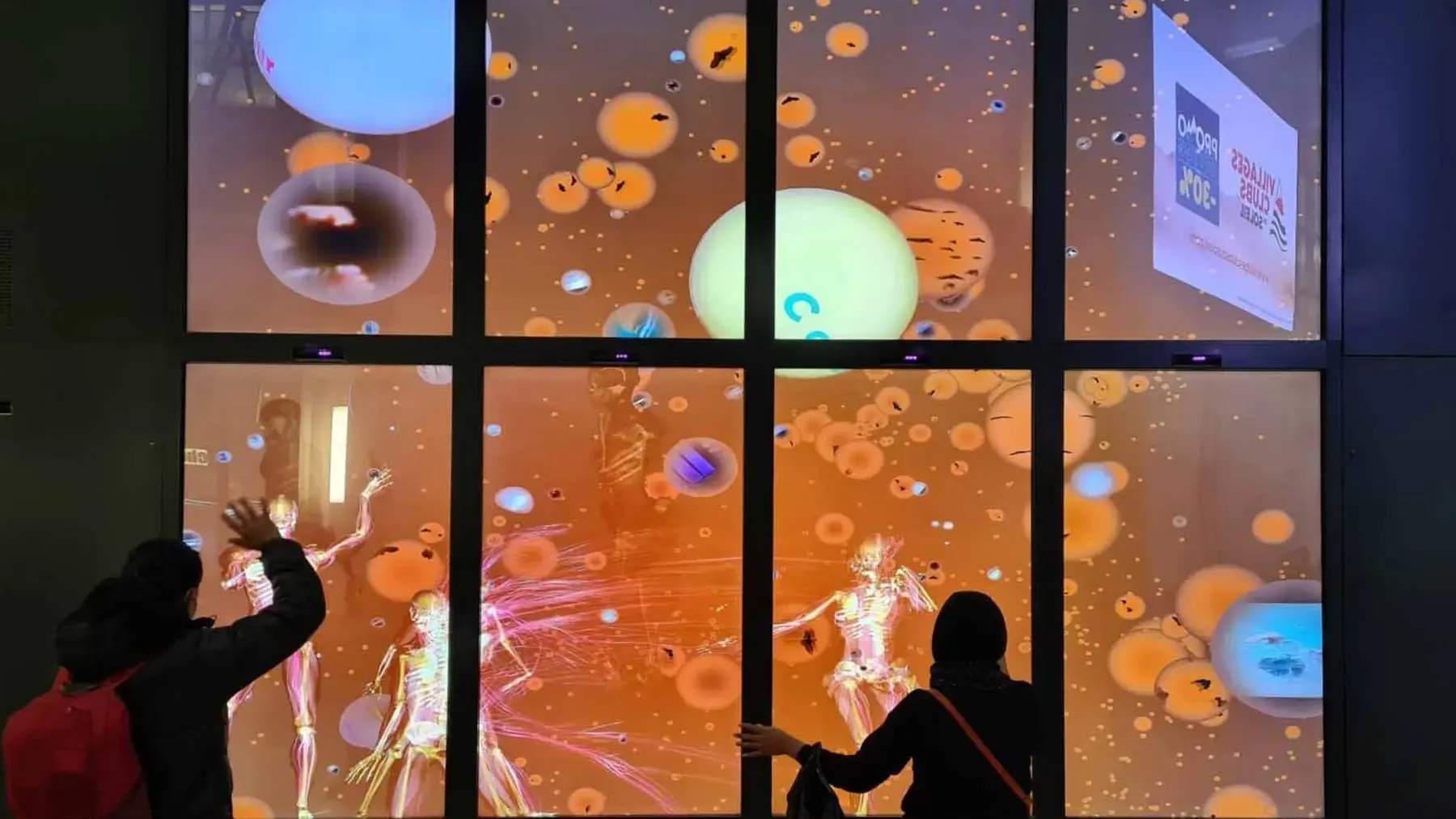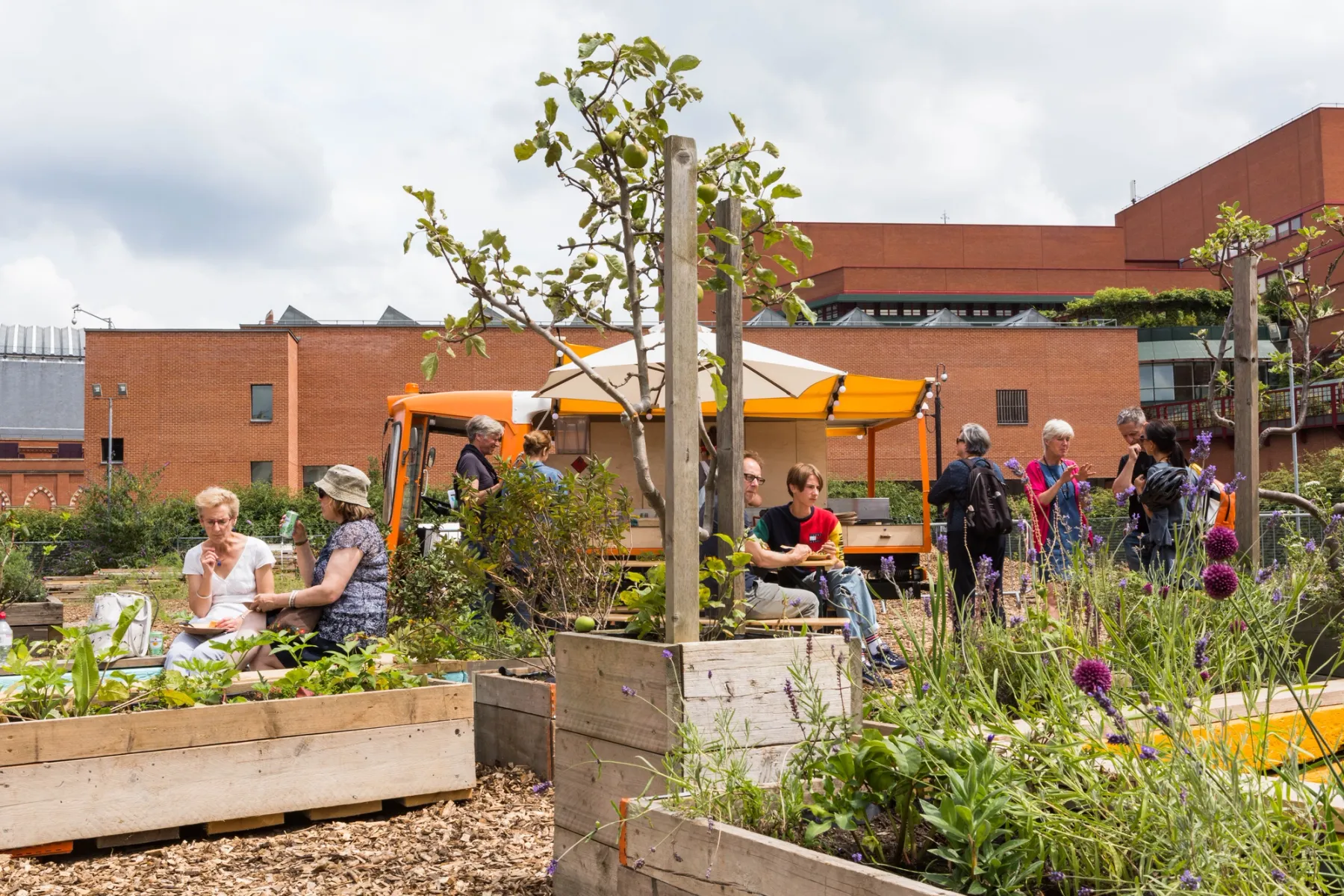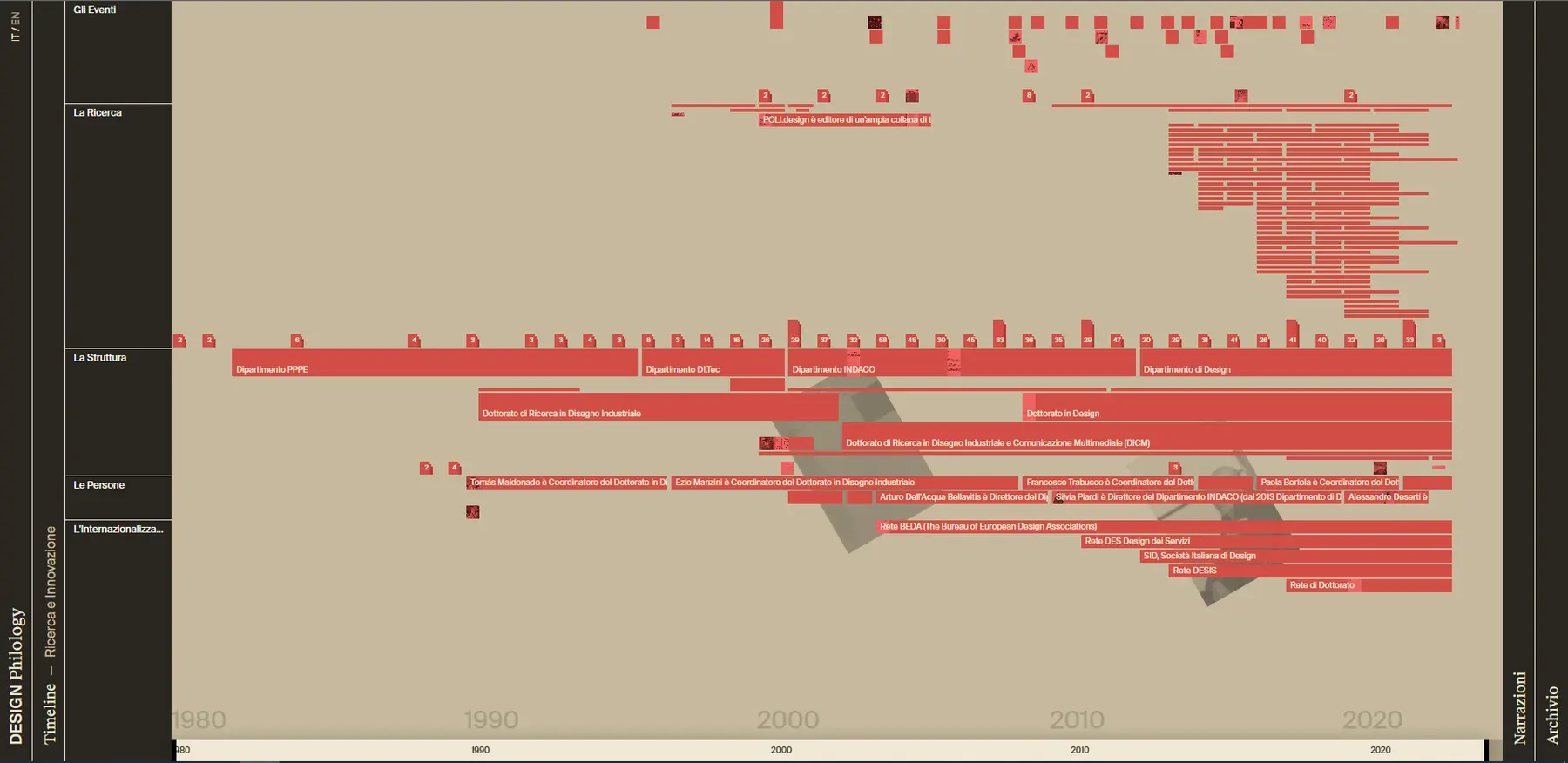Dipartimenti di Eccellenza
The Department of Design is among the 180 Italian departments selected and financed by the MUR as a Department of Excellence for the Design for systemic change project, for the second five-year period in a row, in recognition of its excellence in research and the quality of the development project presented.
The Department developed a portfolio of strategic actions to strengthen the project's coherence and achieve the overall objectives of enhancing research competencies. These actions were structured to address contemporary academic and societal challenges in an integrated manner through
- recruiting new staff, professional development and promoting the internationalisation of researchers and lecturers in order to create a more qualified and globally competitive scientific community
- the design of new laboratory infrastructures and innovative spaces capable of fostering cutting-edge, interdisciplinary teaching and research models
- the development of innovative educational paths, such as new courses and doctoral scholarships
These actions, synergic with each other, represent the heart of the Department's project, aimed at consolidating the role of design as an engine of cultural, scientific and technological innovation and a tool for a systemic approach to change.
Design for systemic change
The Design for systemic change project is structured into three research domains in which research and experimental research is carried out to demonstrate the effectiveness of the design-led systemic approach and to develop models and methodologies for sustainable transformation in the production, public and cultural sectors:
- Design for systems of production and use of products and services, with a focus on the transformation of the Made in Italy industry towards more sustainable models
- Design for public and social systems, to develop public services centred on the needs of the population and to promote social inclusion
- Design for creativity and culture systems, to enhance cultural production and access in a sustainable and inclusive way
Publications
As part of the project, the Department undertakes to publish choral volumes recounting the cross-sectoral and synergetic research it produces and books on a selection of European research projects that adhere to the objectives of the DIpartements of Excellence - Design for Systemic Change project.
Infrastructures
The Design Department is undertaking a reorganization of its instrumental laboratories, which will lead to the creation of a cutting-edge Competence Center by 2026. This initiative is designed to foster increasingly innovative and multidisciplinary teaching and research in the field of design.
The first phase of this transformation is the establishment of a transversal Pilot Lab, an experimental space equipped with shared and versatile tools characterized by low complexity and ease of use. This new laboratory model, envisioned as a multifunctional competence center, enables the exploration of new ways to interact with technologies and applied design. While maintaining continuity with traditional laboratories also promotes an integrated vision across different sectors.
The Pilot Lab serves as the prelude to a comprehensive reorganization of the Design Department’s laboratory ecosystem, which will unfold over the next two years. Subsequent phases will further develop the pilot lab paradigm, offering users guided access through progressive levels of use, training, and project development in technologically advanced islands capable of meeting educational and professional demands.
The renewed laboratory system will support complex research projects and activities with an interdisciplinary approach while addressing advanced training needs. It will align with international standards and respond to new challenges in digital transformation and sustainability within production sectors.
The new Competence Center will act as a flexible and dynamic platform, stimulating and fostering the specific skills required. It will integrate innovation, sustainability, and collaboration among students, faculty, and industry partners, ensuring a forward-looking and inclusive environment.
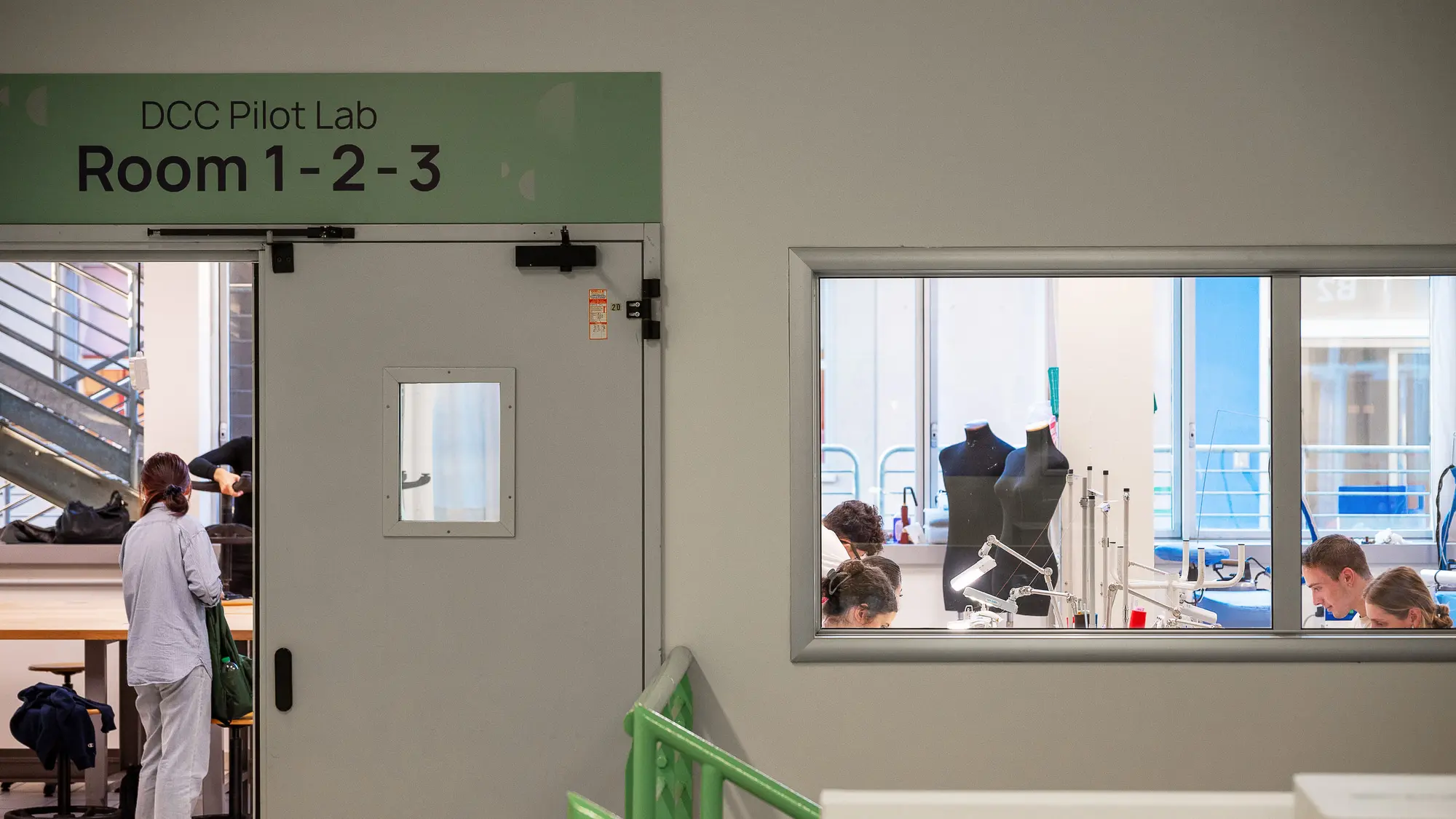
01/06
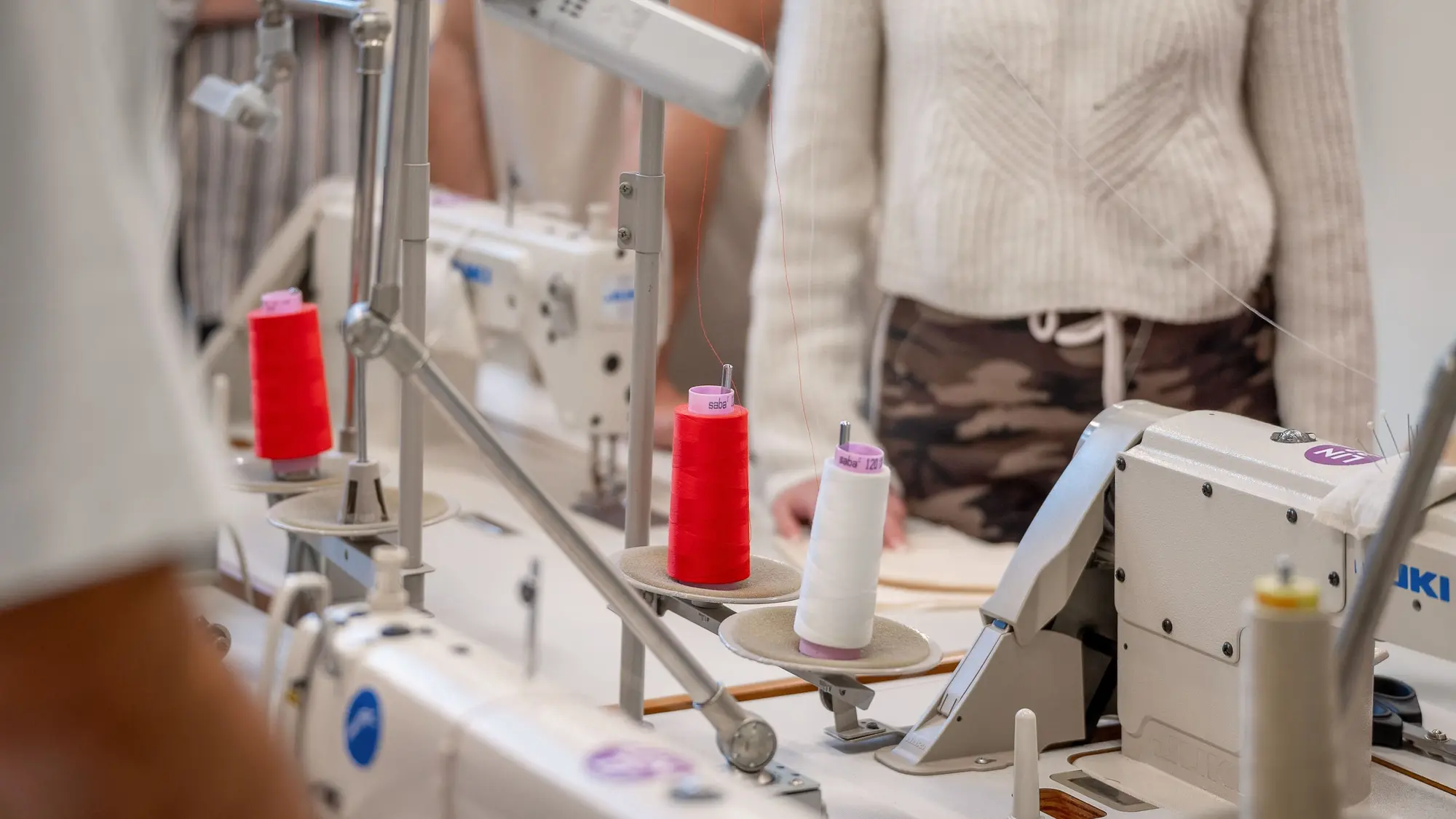
02/06
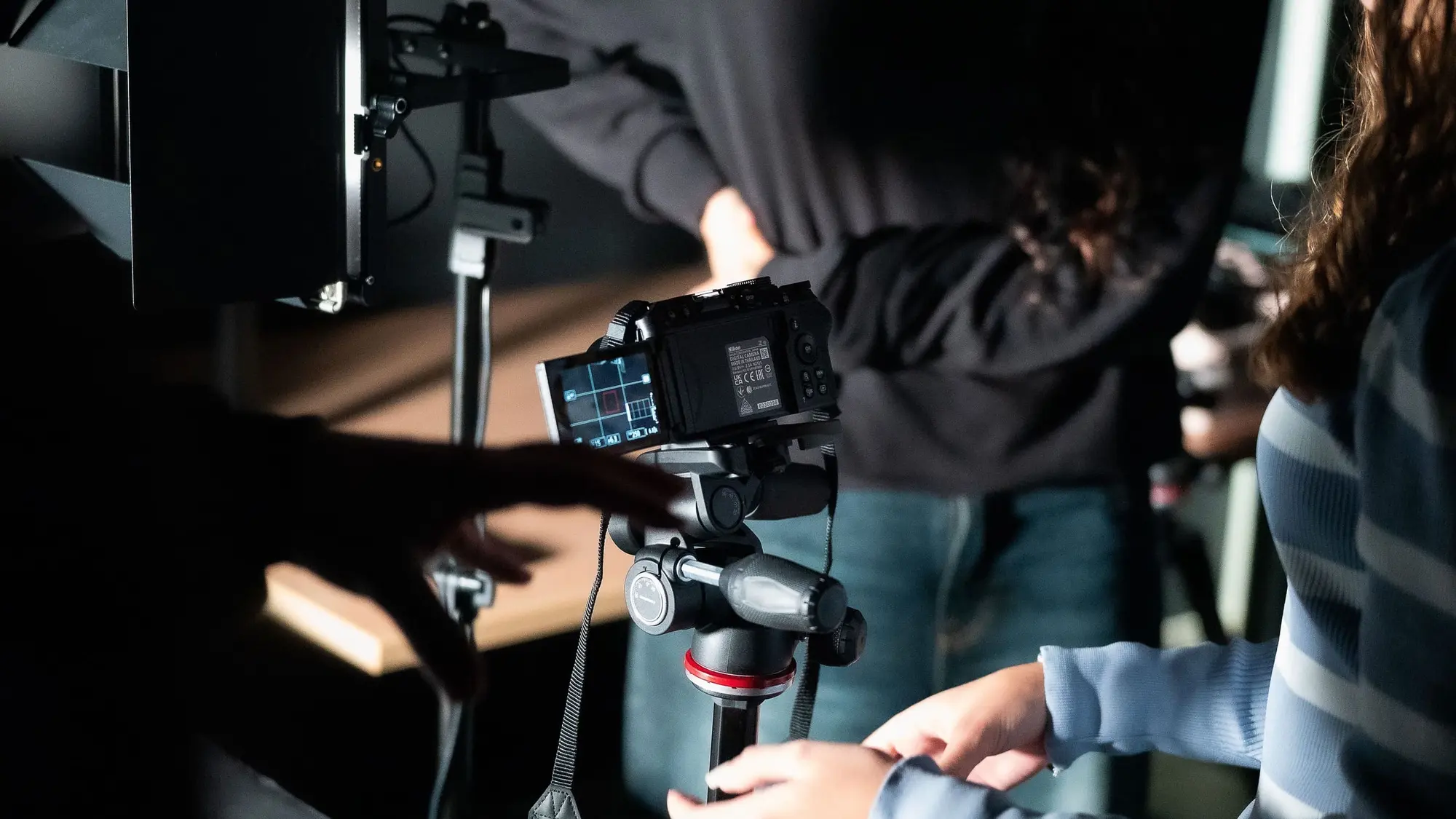
03/06
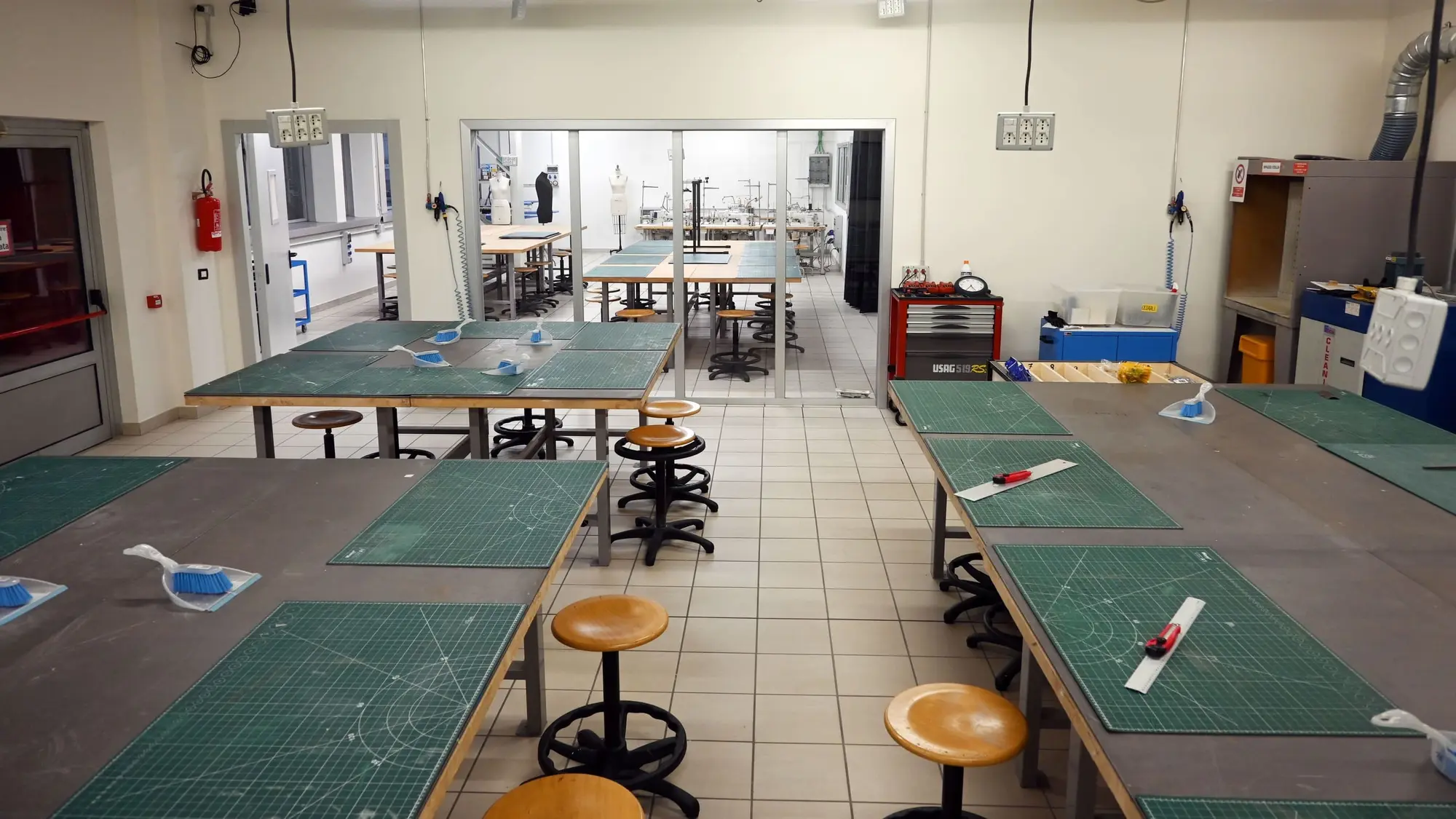
04/06
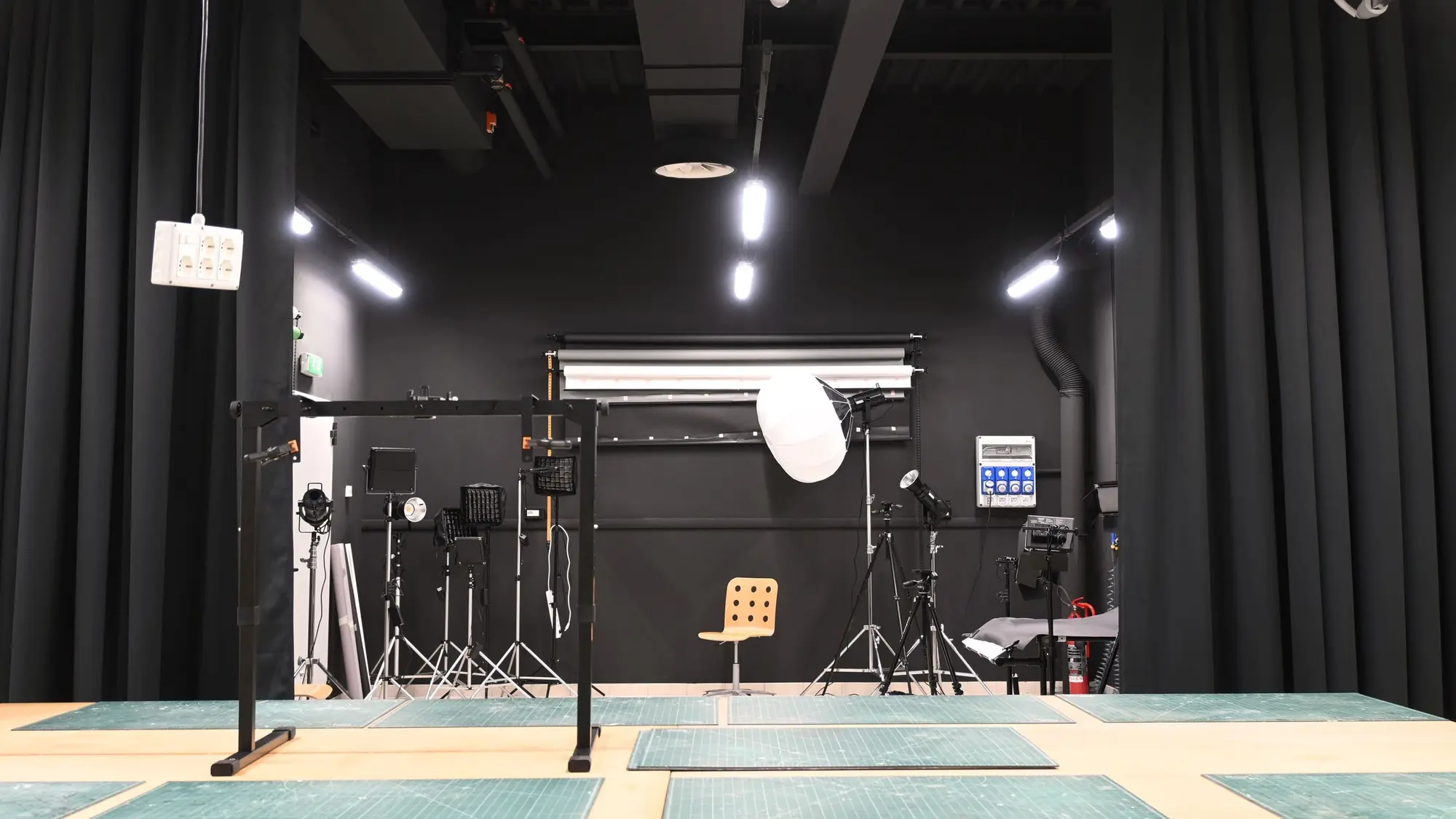
05/06
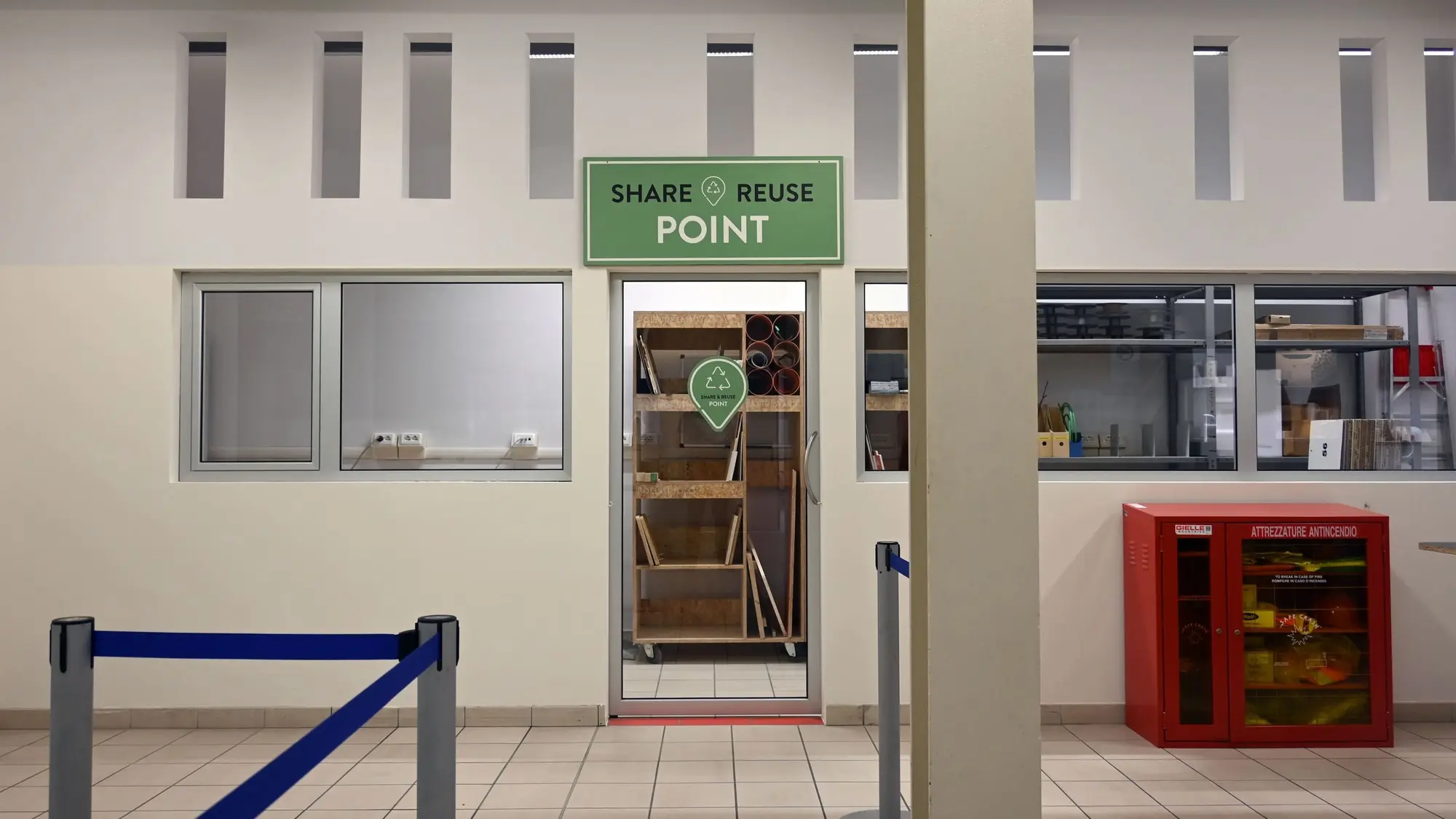
06/06

